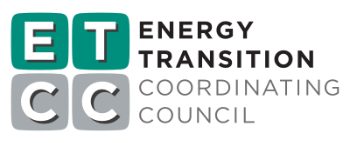Project Info
ACTIVE
Project Title
ET22SCE0008 - Demand Reduction and Energy & Greenhouse Gas Savings in Small Convenience Stores using Artificial Intelligence technology - EPRI proj ID 1-112820
Project Number ET22SCE0008 Organization SCE End-use Process Loads Sector Commercial Project Year(s) 2021 - 2024Description
Convenience store field evaluation of AI-based technology to evaluate its efficacy for broader customer segment in SCE’s service territory. Specifically, EPRI proposes to lead the field evaluation for Measurement and Verification of technology for power reduction (demand savings) and GHG reduction at ~8-10 different customer sites across SCE’s different climate zones and customer segments (small convenience stores, small/mini-markets, etc. with food storage/services). The project would be completed during an 18-month period.
EPRI and SCE previously partnered and completed a “Technology Early Deployment” deliverable on this AI technology, which was also featured in EPRI’s IncubateEnergy Lab Challenge. The next phase for evaluation of this technology is field deployment of the technology to evaluate its efficacy for broader customer segment in SCE’s service territory. Specifically, EPRI plans to lead the field evaluation for Measurement and Verification of the technology for power reduction (demand savings) and GHG reduction at approximately 8-10 different customer sites across SCE’s different climate zones and customer segments (small convenience stores, small/mini-markets, etc. with food storage/services).
The technology is AI-driven monitoring and controls technology that reduces peak power demand by scheduling the highest-power actions in commercial refrigeration and HVAC (e.g., defrost cycles) to reduce peak demand and energy costs. By collecting data, setting up a data visualization dashboard, and developing a physics-based model of each building (a digital twin) to identify the most effective control adjustments, uses these models to run their algorithm to provide the business with improved control settings based on the region, season, and other building loads (e.g., lighting and computing). As a larger energy management platform to improve building energy management (including loads, solar, and backup power), food businesses have the opportunity for operational efficiency and savings.
